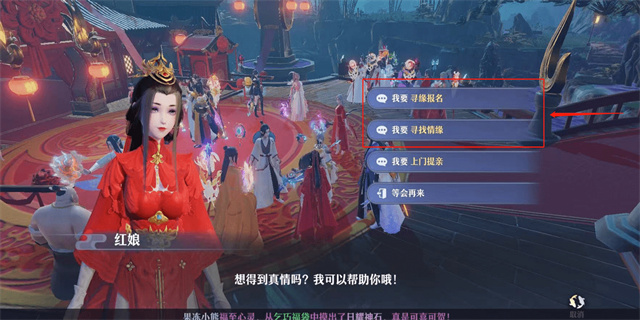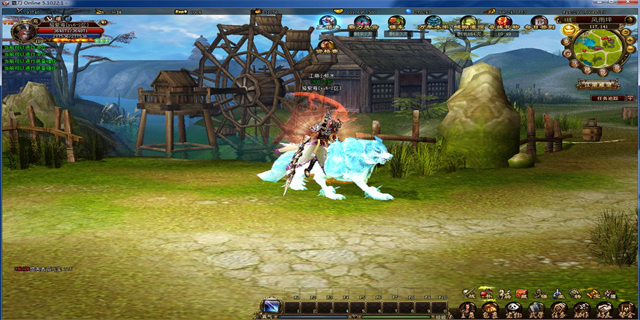Emulating the Past: Exploring the Intricacies of Retro ROMs
Retro gaming has become a popular hobby among enthusiasts who crave a taste of the past. The advent of emulators has made it possible to relive the nostalgia of classic game titles without requiring the original hardware. One essential component of this experience is the ROM, which contains a digitally copied version of the game's software. This article will delve into the intricacies of ROMs, exploring how they work and how they have contributed to the revival of retro gaming.
What are ROMs?
ROM stands for read-only memory and refers to the type of memory chip used to store data in classic game consoles. ROMs can contain video game software, BIOS code, firmware updates, and other programs essential for hardware functionality. In the context of retro gaming, ROMs are usually copies of classic game cartridges or disks that have been preserved through digital means.

ROMs are usually obtained through specialized software that can extract the data from game cartridges or disks. They come in various formats, including .nes, .snes, .gba, and .iso, to name a few. These formats are specific to the hardware they are meant to emulate, so choosing the right emulator and ROM format for a particular game is essential.
The Legal and Ethical Considerations of ROMs
The legality and ethical implications of using ROMs have been a subject of debate since their inception. While it is generally accepted that making copies of game software for personal use is legal, downloading ROMs from the internet falls into a gray area. The distribution of copyrighted material without permission is illegal, and most retro game publishers have taken a stance against ROMs. It is essential to research the legal status of using ROMs within one's jurisdiction and to only obtain them from reputable sources that have obtained the appropriate licenses or permissions.

Another ethical consideration is the impact of ROMs on game developers and publishers. Retro game sales can contribute to the livelihood of developers and publishers who created the game's original content. Using ROMs may contribute to revenue loss and could potentially harm the industry's preservation and future development. It is important to consider supporting the developers and publishers whenever possible, whether through purchasing official releases or supporting fan-made projects that operate within the legal frameworks.
The Importance of ROMs in the Revival of Retro Gaming
ROMs have become an integral part of the retro gaming community, allowing gamers to experience classic titles without the need for original hardware. They have also made it possible for enthusiasts to preserve classic games by making backups of their cartridges or disks. This preservation effort has become essential as physical media deteriorates over time and becomes increasingly more challenging to maintain.
ROMs also allow gamers to enjoy non-localized titles that never made it to their respective regions. For example, Japanese-only games can be played in English translations thanks to ROMs and fan-made patches.
The availability of ROMs has also encouraged the creation of fan-made games, ROM hacks, and homebrew projects. These projects can expand upon classic games and introduce new mechanics and gameplay styles. While some of these projects are based on copyrighted works, they often operate under fair use or fan-work guidelines to avoid legal issues.
Furthermore, ROMs have contributed to the preservation of gaming history, allowing future generations to experience the games that shaped the industry. Without ROMs, many classic titles would be lost forever, and the technological advancements made in the past would go unobserved by future generations.
In Conclusion
ROMs have played a crucial role in preserving and reviving the past of retro gaming. While their legality and ethical considerations should be taken into account, their impact on the industry cannot be denied. ROMs allow gamers to experience classic games, preserve gaming history, and even contribute to the future of the industry.


















